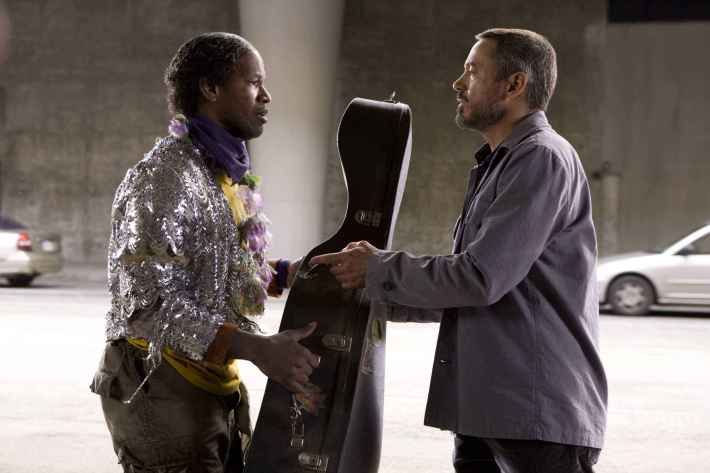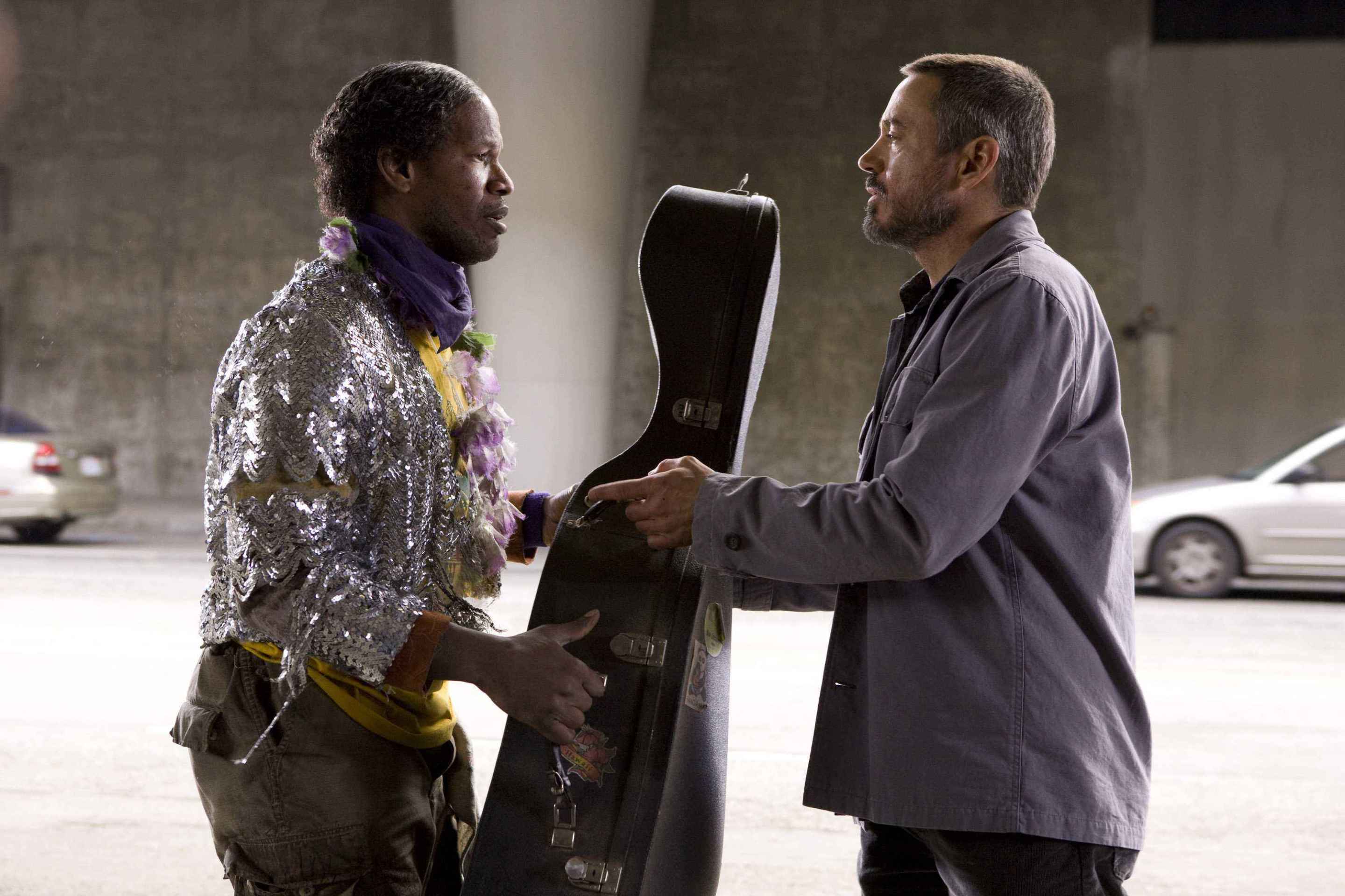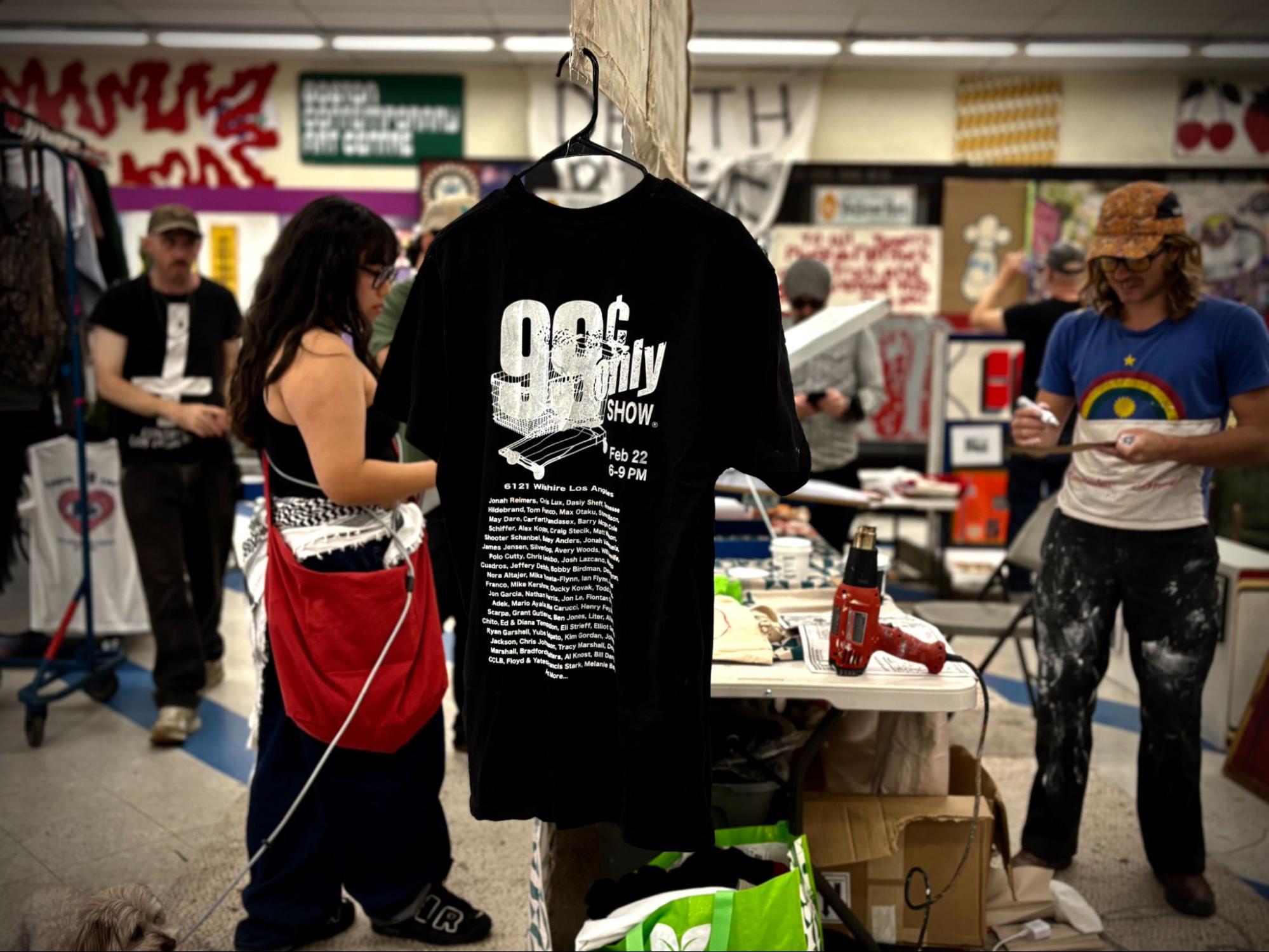[dropcap size=big]T[/dropcap]he Los Angeles Times was plucked from the abyss and financial ruin less than a year ago. After the newspaper's sale to L.A. doctor Patrick Soon-Shiong, the freshly formed Los Angeles Times Guild broke the historical record on labor-organizing in local news media and organized the West Coast's biggest newsroom.
Now, ongoing talks between newsroom employees and management over a long-term contract have hit a roadblock over the intellectual property of work done by reporters during their time as LAT staff. The L.A. Times Guild published an open letter on Feb. 13 accusing management of overreach on intellectual property, complaining that the new ownership has proposed a “draconian policy on books and other creative projects that, as a condition of employment, would go far beyond the work-for-hire standards of U.S. copyright law.”
In short, the company says it is asserting what it describes as standard rights to so-called "derivative" works that might arise from L.A. Times material. The company says it usually offers journalists bonuses in relation to huge stories that turn into books, films, or television shows.
These in the past have include the Bravo TV show "Dirty John," first published as a series of stories reporter Christopher Goffard. The union argues the paper would fully own such projects under the current terms offered by management, with or without a bonus for the author or authors.
“If we agreed to the company’s proposal, we would have the worst policy on book deals in our industry and set a bad precedent for our peers,” the Guild said in its FAQ on Intellectual Property.
The Guild notes a couple of examples: “Michael Connelly, the bestselling author, created the character of LAPD detective Hieronymus Bosch while working as a crime reporter for the Times. Columnist Steve Lopez developed The Soloist, a close-up account of homelessness in Los Angeles, based on his work as a metro columnist. His book later became a movie starring Robert Downey Jr. and Jamie Foxx.”

For its part, the Times management said it’s all a misunderstanding. They said they’re not making an over-the-top IP claim and that what they proposed is industry standard.
“The company is not asserting any ownership interest over works created outside the course and scope of employment,” Los Angeles Times Executive Editor Norman Pearlstine said in a note addressed to his colleagues. Hillary Manning, L.A. Times vice president of communications, shared the note with L.A. Taco.
But Manning did not respond when asked if this language meant columnist Steve Lopez would have still owned rights to his book The Soloist — which turned into the film — under the new IP proposal.

The Times management also said what they want to do is build the paper back up.
“The company made a proposal which represented a significant investment in retention and recruitment, and a more than 10 percent increase to payroll,” Pearlstine said in the note. “Beyond that, we have made a proposal to provide paid paternity benefits. We have also offered other enhancements, such as increased transit benefits and mileage reimbursement.”
The IP proposal and subsequent strong reaction from the guild are taking place at the tailend of ongoing contract talks, the first union negotiated contract in the paper’s history. Staff at the Times voted to form a union last year in January. In its 137 year-long history, the L.A. Times has never had a newsroom union. The newspaper began publishing on December 4, 1881.
RELATED: After Years of Discord, L.A. Times Will Once Again Have Local Ownership

[dropcap size=big]B[/dropcap]iotech billionaire Soon-Shiong bought the property from Tronc for $500 million. The deal was reportedly finalized in June 2018. By then, the newsroom staff had already withered to about a third of its former self – a staff of 400 from its halcyon days of more than 1,000 in the 1990s.
Billionaires across the country have snapped up media companies to various degrees of accolade and success. That doesn’t guarantee success. Billionaires buying papers present a mixed bag of case studies.
Jeff Bezos is easily the best known example. He picked up Washington Post with its storied legacy for $250 million in 2013 and, most would agree, turned the paper around. But a similar effort the same year at the Boston Globe, which was purchased by financier and Boston Red Sox owner John Henry for $70 million, has had mixed results, according to accounts.
Cautionary tales are closer to home. The LA Weekly debacle almost goes without mentioning, while the takeover of the Orange County Register by Aaron Kushner didn’t pan out smoothly either. Aside from a slew of questionable editorial decisions, Kushner focused on print advertising to increase revenue as a business model with such disastrous results. Its parent company was sold in bankruptcy to Digital First Media for little more than $50 million in 2016.
Then there is the example of the ultra-conservative and famously opinionated Sheldon Adelson, who turned the Las Vegas Review-Journal into a marionette for his pet political causes.

A scenario detailed by the Guild’s in its FAQs appears to contradict Pearlstine.
“Here’s what the company’s lawyers told us,” the guild said. “In their own words, when we ran some hypothetical scenarios by them at the bargaining table on Jan. 28.” According to the guild, it went like this:
Guild bargainer Anthony Pesce: [What] if I’m a Lakers reporter and I’m writing a book on Kobe?
Management lawyer Alonzo Wickers: That doesn’t fall outside ‘course and scope.’ [Translation: The Times would own it.]
Guild bargainer Hugo Martin: What if it’s fiction? What if I cover LAPD, and I get an idea for a crime novel?
Management lawyer Alonzo Wickers: I think if you’re writing a truly fictional work that is not based on the cases you covered or the people you covered, if it’s truly a fictional work that is not about the cases that you worked on, it’d probably not be a work for hire. [Translation: We interpreted this as meaning the company still might want to have the power to claim works of fiction if they think they’re based on our journalism.]
Guild bargainer Matt Pearce: I covered Ferguson. I want to write a book about Ferguson. If I don’t use any of the reporting that I did when I was in Ferguson, is that part of the work for hire?
Management lawyer Alonzo Wickers: Yes, if you covered it as part of your work for the Times, it would fall into work for hire. [Translation: The company would own it.]
Guild bargainer Matt Pearce: I’m a national reporter on our national desk. I’m general assignment reporter. I write about lots of things. I might write about a teacher’s strike in West Virginia, I make a couple of phone calls. But if I decide to write a book —
Management lawyer Alonzo Wickers: If you wrote just a paragraph or two — I can’t give you a definitive answer. But if you covered it extensively, it might fall within the work for hire definition. [Translation: The company might own it.]
“I’m not going to get in a ‘he said, she said’ with management. I gave you the documents,” Pearce told The L.A. Taco, when asked if he rejects the assertion by the executive editor that the paper isn’t asking for an IP claim over future creative work.
“Read for yourself what they’ve told us, in their own words, and then compare it with this plain-as-day, crystal-clear policy at the New York Times, and ask yourself, ‘Why are these two things so different?’”
RELATED: The Final Tours of the L.A. Times Historic Downtown Headquarters






